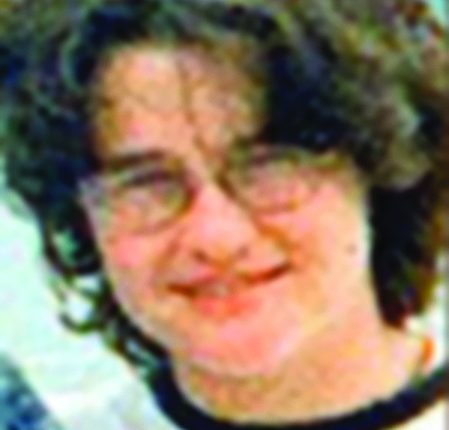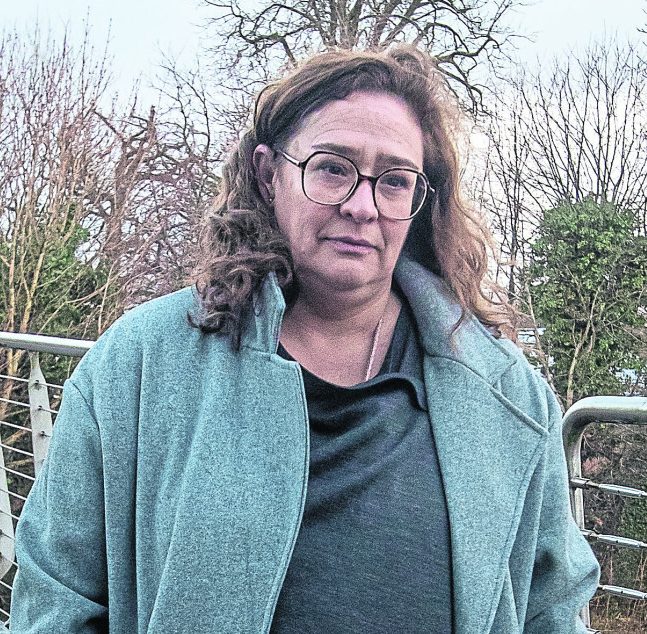by Alan Rodgers
THE sister of a young Spanish woman killed in the Omagh bomb atrocity has spoken about the devastating impact her death has had on their family.
Rocio Abad Ramos, known as ‘Peke’ – meaning ‘Little One’ – was just 23-years-old when she was killed in the 1998 attack. A talented athlete, she had been visiting Buncrana as a team leader for an exchange programme when the bomb exploded.

Rocio Abad Ramos
Attending the opening day of the Omagh bomb inquiry on Tuesday, her sister, Paloma, described Rocio as a ‘free spirit.’
“She will always be our special Peke,” she said.
Delivering an emotional personal statement that lasted nearly two hours at Omagh’s Strule Arts Centre, Paloma spoke of her sister’s achievements, including her title as the Spanish U-18 long jump champion and her love for learning. She recalled how Rocio had first visited Ireland as part of an exchange programme in 1989 and had grown to love the country, particularly Donegal.
“She was drawn to this culture and was very curious,” Paloma added.
By 1998, Rocio had the opportunity to return as a team leader.
“Her life was full of hope,” Paloma said. “It was the moment where you change your life. She was super-excited, but afraid at the same time.”
Paloma also shared painful memories of the last time their family saw Rocio alive, saying they would always remember the exact spot at Madrid Airport where they said goodbye.
At the time of the bombing, Rocio’s older sister, Ana, had been on holiday in the Pyrenees when she heard news of the attack. A phone call from the exchange organisation confirmed there had been a bombing, and as Ana made the five-hour drive back to Madrid, she learned of Rocio’s death over the radio.
By the time Paloma arrived home, her parents had already left for Ireland. It was Ana who had to break the devastating news to her.
“Ana arrived home very distressed. Family members were already there, trying to comfort my parents. They were trying to get a flight,” she said.
“I was coming back from holidays not knowing anything about this. Ana had to assume the role of mother. It was the most terrible moment – when she told me.
“She was crying, and I responded with a burst of laughter. I could not control myself.”
Paloma and Ana later travelled to Ireland on a Spanish military plane, where they joined their parents in Omagh to identify Rocio’s body.
“That is a moment I will never forget,” Paloma said.
“My memory is that we arrived at a sports centre where there were a lot of people around. My parents saw Rocio. She was very pretty. My father kissed her. The Spanish Ambassador who was there said he had never seen such a beautiful kiss before.
“I was shocked by the expression of tranquility on Rocio’s face.”
The family returned to Spain on a military plane with Rocio’s remains. During the flight, Paloma and her grandfather spoke about the biblical story of Lazarus, hoping for a miracle.
In Madrid, the Spanish government held a funeral for Rocio. Paloma expressed gratitude to those who had sent letters of condolence, recalling how some letters arrived with nothing but Rocio’s name on the envelope.
Despite the tragedy, life had to continue. In November 1998, Ana went ahead with her wedding.
“It was a day when Rocio’s presence was felt throughout, as if she was in control,” Paloma said.
Since then, the family has deeply felt Rocio’s absence at many important moments.
“We have missed Rocio at so many vital moments since 1998. She will always be our special Peke.”










